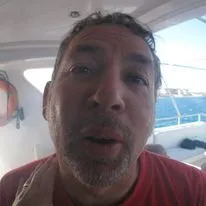As a single diver in the days when we could travel Red Sea liveaboard trips were my go-to holiday treat, there were many advantages, all-inclusive including the diving so you knew exactly what you were budgeting for, no issues with finding a buddy to dive with for the week, up to 4 dives a day, getting to sites the day boats can't get to. Meeting interesting people with similar interests. The downsides were early starts up at 5 most days for a dive at 6 am. Some cabin allocations can be a bit noisy especially if you are moving at night. Over the years I have done about 15 of them so I have a pretty good idea of what makes them tick and how to get the best from the holiday, so here are a few tips for when things start up again.
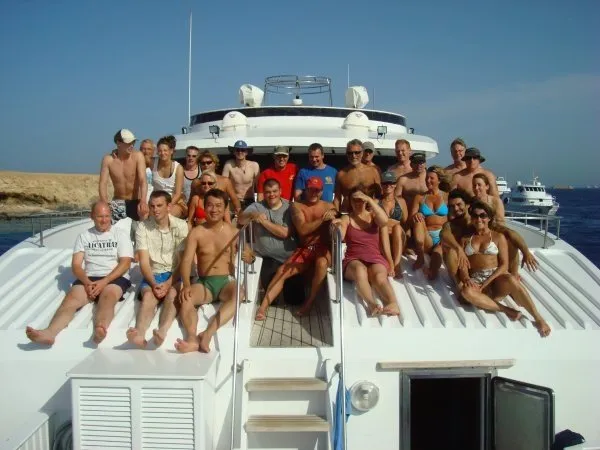
Do a bit of research on the trip of the most important things is the temperature, in the Red Sea vary a lot depending on the season and region well over 30 deg in the water in the deep south around St Johns so shorts and teeshirt may be the order of the day
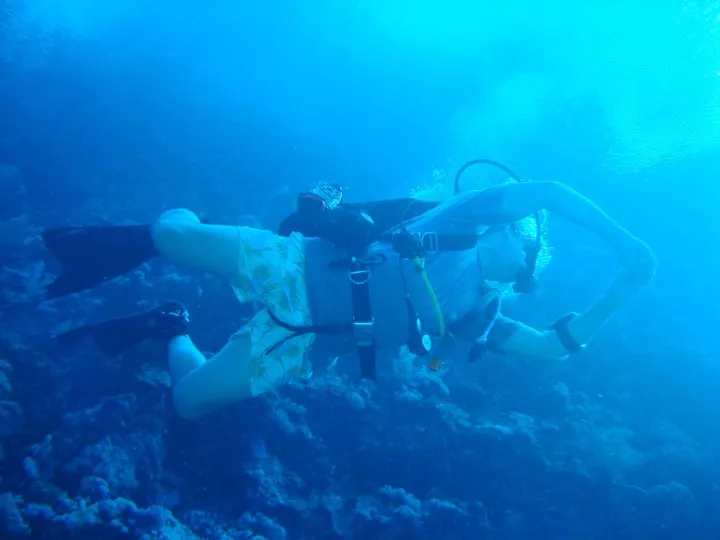
On the other hand, a chilly 18deg C in the winter in the north may seem ok as its as good as it gets in the summer in the UK but when you're in the water for 5 hours a day and if the sun isn't that hot during the day over the week your core will get cold, and a thicker wetsuit or even a dry suit will help a lot. In a similar vein pack, something warm for the evenings it will get cold at night, and you will spend a lot of time outside.
You will be doing some night dives on the trip so pack a torch, diving torches can be quite heavy but that, not a problem there is no need for a high powered canister torch,
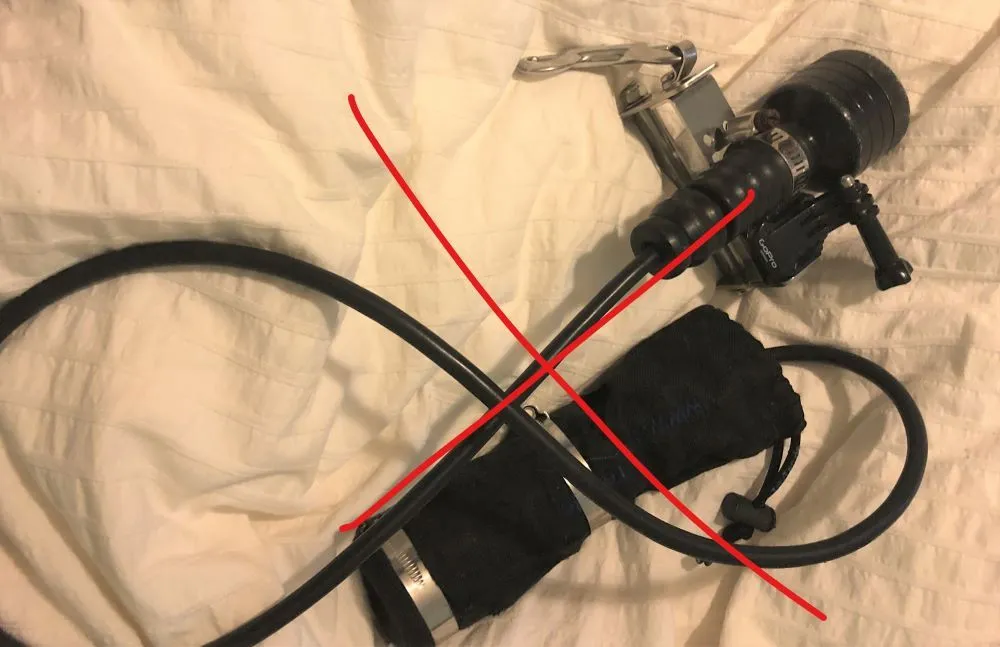
While perfect for the UK, in the red sea, the water is clear and even a small pocket torch will give plenty of light on any night dive even in the pitch black of wrecks.
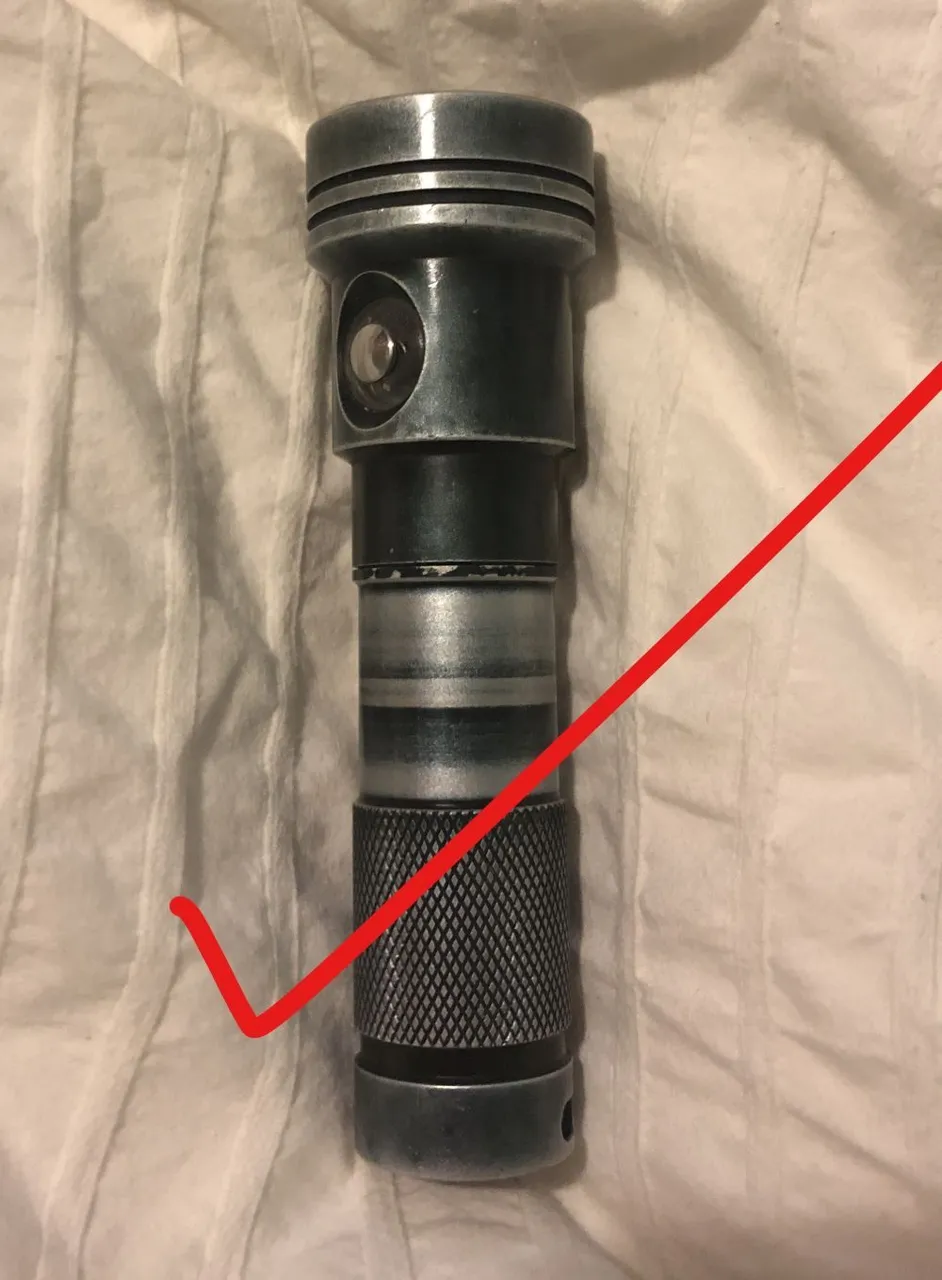
Before you leave the UK give your gear a good check over and make sure everything works once you are away from the land there are no dive shops to replace a BCD or set of regulators even batteries for your dive computer if they are getting a bit low could spell the end to your diving.
One thing you won't need is a big dive knife a simple line cutter is a much better option.
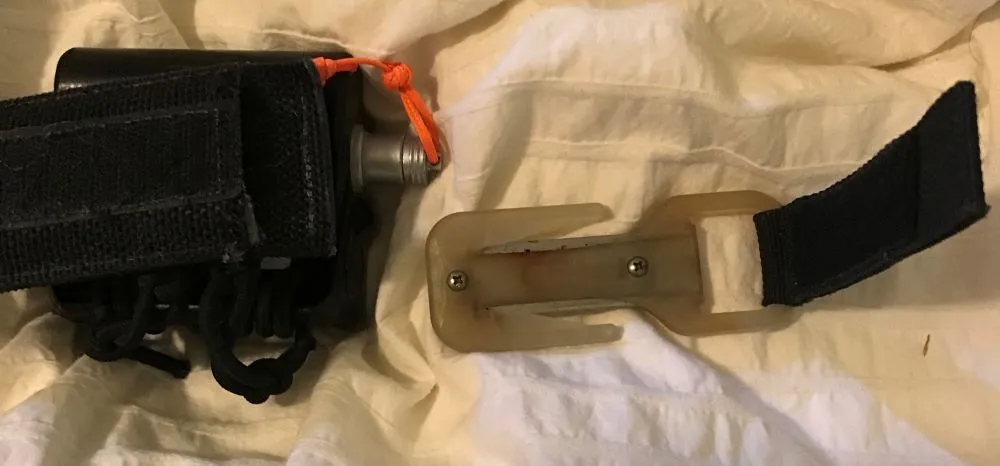
A surface marker buoy or safety sausage as they are often called is an important bit of kit end essential for helping boat crews find you at the end of a dive and warn crews of RIBS that you are close to the surface at the end of the dive pack one and know how to use it. You will get plenty of practice by the end of the week.
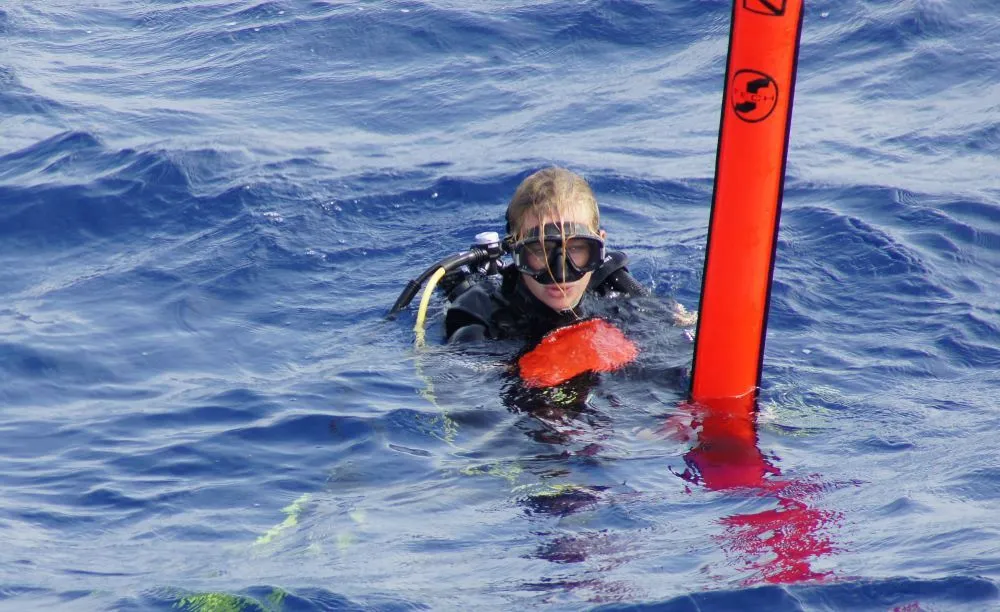
And it's the best way of getting the boat crews to spot you which is not always easy.

Learn to travel light so more room for dive gear, you won't need shoes for the week for a start and a few tee shirts and pairs of shorts will cover the rest it's not a fashion show at least out of the water.
Be aware of the airline restrictions hand luggage weights are quite low on charter flights and things like dive knives liquids and some batteries are not allowed in hand luggage. Don't forget you can pick up things like shampoo and shower gel in airside duty-free.
The first dive will probably be a gear check dive and weight check try not to be too overweighted many divers overestimate the amount of weight they need to take the time at the end of the dive to do a good weight check and getting it right will pay dividends over the week.
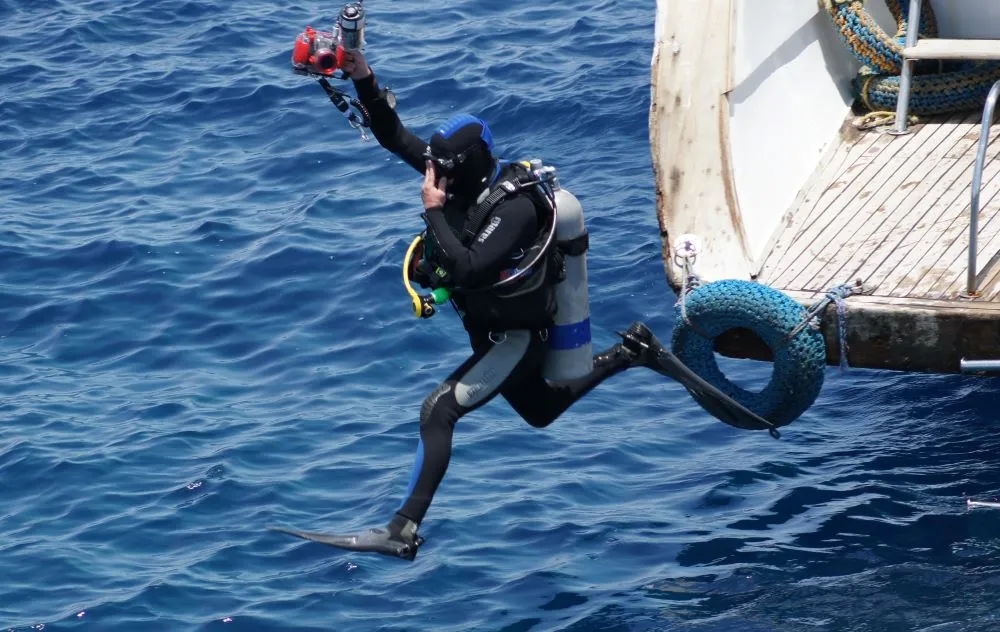
Pack a couple of luxuries for me it was a Cafetiere and some decent coffee made a huge difference not drinking instant all week. For other people, it could be chocolate or their favorite snack.
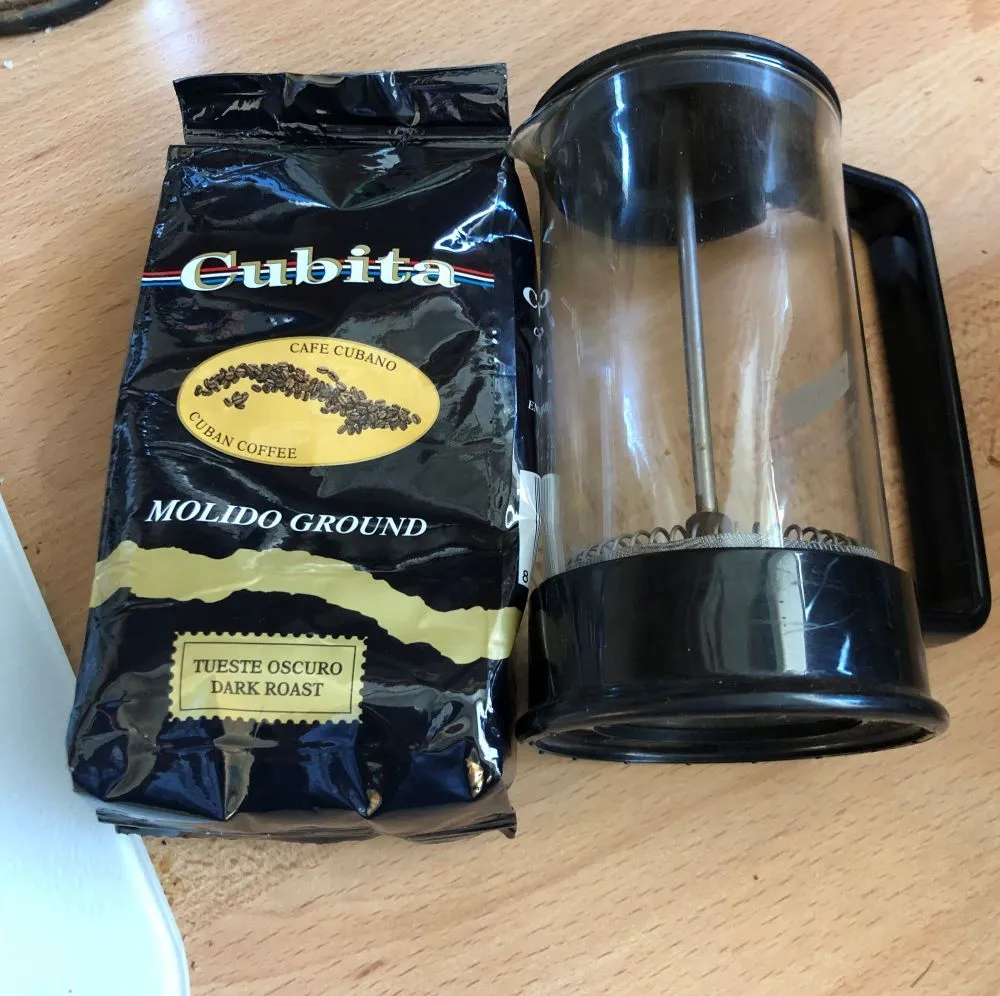
One last thing there is always an irritating tosser on the boat if you cant work out who it is it's probably you.
